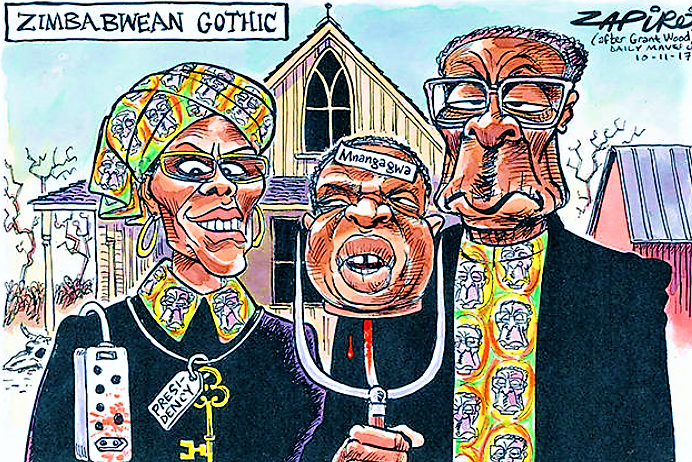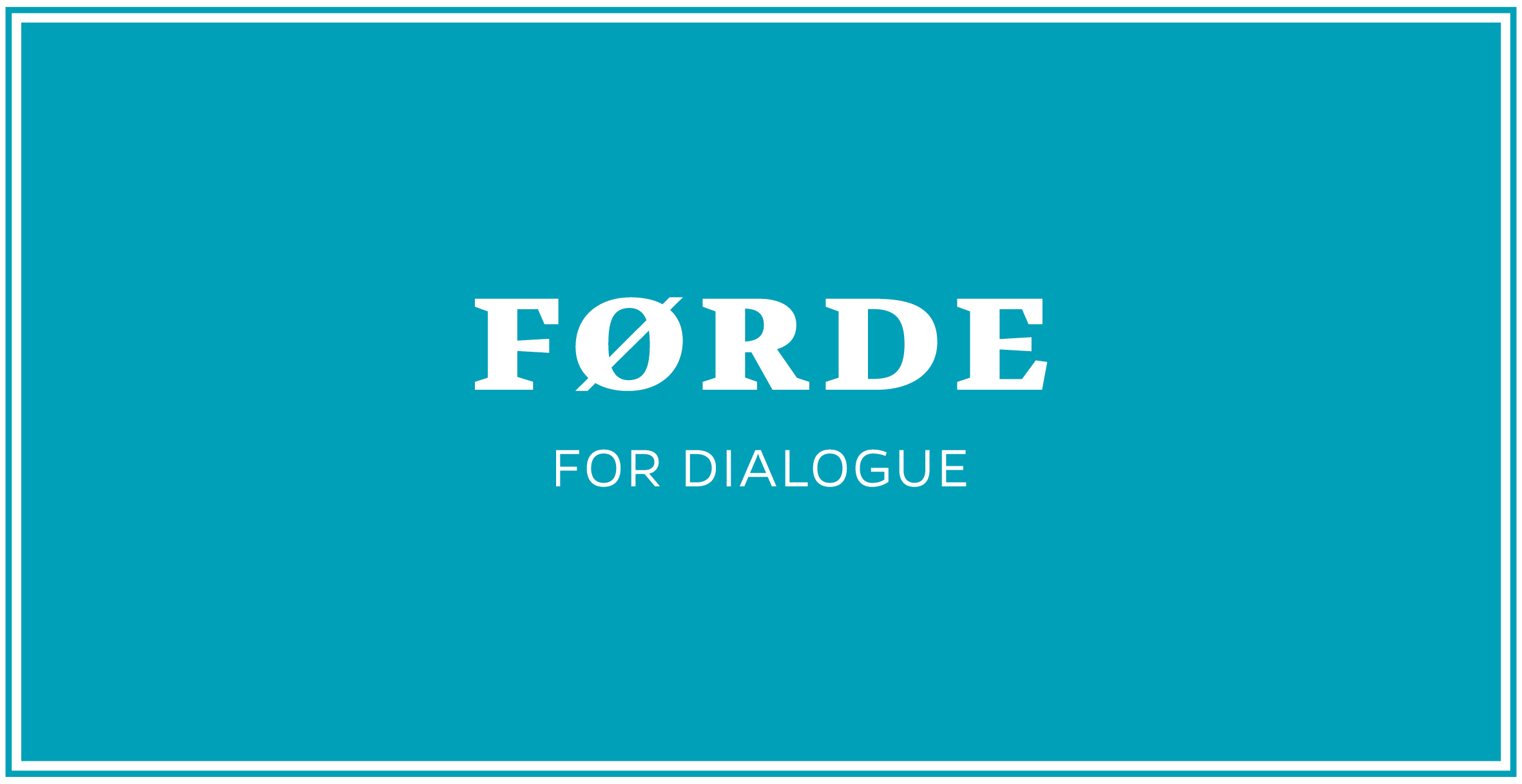
THE END OF THE MUGABE ERA?
Illustration copyright: The cartoon illustrating this article is by Zapiro and taken from the Daily Maverick. It was published last week, following the firing of Vice President Mnangagwa.
Twenty-five years ago, on 15 November 1992, my wife Anne gave birth to our son Lasse at Avenues Clinic in Harare. Tonight we will celebrate his birthday, and we will of course reminisce – as we often do by the way – about the years we lived in Zimbabwe, enjoying the beauty of the country and the hospitality of its people, at a time when there was still reasons for hope about the future. Tonight, I am sure that we will also discuss how the events unfolding today, on 15 November 2017, will mark the end of the Mugabe era in Zimbabwe, and like others, we will speculate if the downfall of Mugabe and his wife will finally result in justice and democracy for ordinary Zimbabweans.

Photo from BBC World News, showing Robert Mugabe and his wife Grace Mugabe.
Like many other Danes, I have followed Zimbabwe closely for decades. We were involved as distant supporters in the struggle for liberation in the 70s. Following independence in 1980, when I visited Zimbabwe for the first time a few weeks after the 17 April celebrations, we got involved in supporting social and economic development all over the country. For me, this resulted in working as Country Coordinator for Mellemfolkeligt Samvirke for three years 1992-95, some of the best years of my private and professional life. We have visited regularly since then, and we remain in close contact with many of the people we got to know in the 90s, sharing how our children have grown up and how we would like to see the country, where they were born, develop.
When the South African artist Zapiro gave his version of the sacking of Vice President Mnangagwa last week [see cartoon at the top of the article], my first thought was that this could very well be a premature interpretation. Ever since the 90s, we have on a regular basis discussed the possible end of the Mugabe reign, and many commentators have predicted that it would probably not happen this year, but most likely next year, or when the next election takes place, or when the next ZANU-PF annual congress in December takes place. Despite our wishful thinking, Mugabe has endured year after year, decade after decade, and he has outsmarted all attempts coming from inside or outside the ruling party to force him out. Many of us probably concluded that only a natural and peaceful death would put an end to his rule.
But so close to what could have been a peaceful and natural death, his magic ability to outsmart all of his enemies no longer worked. He miscalculated his own strength, at a point in his life when his ability to objectively analyse the political arena was seriously impaired. Sacking Vice President Mnangagwa, a close friend of the military establishment, was the drop that finally made the military act. The generals have no taste for ‘regime change’ as some would like to see; but they detest any indication that a group of youngsters unwilling to pay tribute and reverence to the veterans of the liberation struggle should come to power. Indeed, allowing a pompous, shallow and manipulative First Lady come to power was not part of the code book of the generals.

Photo from BBC World News. National Army Commander Constantine Chiwenga on 13 November, when he spoke critically about the firing of the Vice President.
During the years of 2012-16, I had the challenging privilege to work with the political parties in Zimbabwe, and this has allowed me to get to know many of the people in the ruling party that are right now being targeted by the military – in particular those belonging to the Generation 40 group led by Grace Mugabe. I have also met with Vice President Mnangagwa and his supporters in the ruling party. Time will of course tell us where the winners of the present show-down in ZANU-PF will take Zimbabwe, and what profile a President Mnangagwa will present. Knowing the history and role of Mnangagwa in the party since independence in 1980, there is no reason to expect that everything will change. However, I have a small hope that there will be room for more justice and democracy than we have seen so far.
